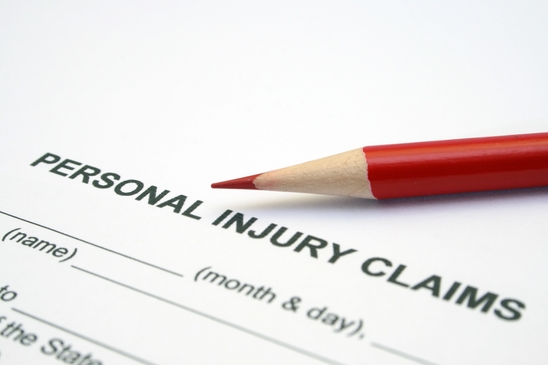Shortly after the auto accident and meanwhile being treated for whiplash, loss of curve in neck, bulging disk in back, lower back problems, headaches, you name it, I began to notice numbness and was referred for treatment with a neurologist. This doctor recommended I take Lexapro; a antidepressant none the less. Continue reading Is Lexapro a Drug of Choice for Whiplash Injuries?
Month: March 2018
3 Effective Ways To Deal With An Insurance Adjuster
1. Take notes – you can be legally liable if you RECORD the conversation in audio or video format, but you are free to keep notes. In my case, once I felt like I was being jerked around by the insurance adjuster dealing with my case, I began a journal recording all conversations, phone conferences, meetings, numbers, expenses, keeping all receipts and so-on. No one else will do it for you and you will be in big trouble if you need to recollect a certain detail one day and have no record and/or receipt of it in your notes. Simply said, you cannot remember it all, but you better believe when I tell you that you will need all the details you can recall.
2. If the insurance people seem to be difficult from the very beginning, please understand for your own sake, that it will only get worse. Get a lawyer. Continue reading 3 Effective Ways To Deal With An Insurance Adjuster
10 Benefits of Handling Your Own Personal Injury Claim
1. No lawyer will ever know your case better than you do
2. Only you can know the extent of loss and suffering
3. No one is going to fight harder for your case than you
4. You can give your case top priority regardless of how big or small it may be
5. You won’t have to worry about working with an incompetent or dishonest person
6. You know that your best interest will be top concern
7. The middleman is cut out and you won’t have to wait on back and forth communication
8. Delay tactics of lawyers are no longer
9. You won’t have to worry about being stuck in a non-working relationship
10. You don’t have to pay any attorney fees!!!!!
What to Do When Accepting a Car Settlement
This is NOT your first concern right after the wreck – your health and pain is – and the insurance knows this very well. They use this state of you being in shock to their advantage. So, they want to throw you off your game and sidetrack you with a much smaller issue like the condition of your car. They will present it as an urgent time-limited matter (which is not the truth) in hopes that you are not thinking straightly to make a reasonable judgment.
When you come to think about it, however, settling for the vehicle is a big deal, because living in most places in the United States, you will NOT be able to get around for treatment or work without a vehicle, and most importantly you will not be able to able to continue your fight with the insurance. This is especially true for some new insurance policies where FULL-COVERAGE does not include a rental. Continue reading What to Do When Accepting a Car Settlement
How to Communicate with an Insurance Adjuster After a Auto Accident
If you chose not to continue to deal with an insurance adjuster on your own and not get a lawyer, you have a couple of resources to resort to:
(1) Call their manager directly. Don’t just say you will call them or threaten with this, because words will NOT help you much. Speak with action. Call the manager and ask him/her to call you back on their office’s expense. Discussing the situation with the manager will upset your adjuster, which will probably NOT help much, but let’s face – they will continue to treat you in this way, so at least for now you will have the upper hand.
(2) Described your situation in a brief 1-2 page complaint and submit to your State Insurance Commissioner’s Office. While they cannot pressure your insurance for a settlement, they are obligated by law to register your complaint, contact you back and force the manager of your insurance’s local office to contact you and discuss your case. Again, this may not help you much, but it does help public records. If every mistreated customer files a complaint, the insurance will eventually have to deal with the State Insurance Commissioner on a higher level.


